Interview ? rather, let's call it a conversation with confessions, which I will divide into; childhood, adolescence, adulthood and deportation. I was accompanied by many people on my very short journey through life. I rate many highly. Few of my friends have been a nuisance to me and still are. They compromise not only themselves but also human values.
Zeno Zegar is an extraordinary person with many faces. His whole life is focused around nature, ethnobotany and home, which he perversely calls a prison because of big troubles and worries. He lives between Przemyśl, Wrocław and the United States (Silicon Valley, California). America and the family living there for more than a century welcomed him openly, and he reciprocated the same. He met many friends there, surrounded by multi-millionaires, artists and computer scientists. His activity in the times of the People's Republic of Poland was certainly remarkable. He was associated with the hippie community. He is a lover of the world and the universe, full of empathy, which somehow brought people to him who used it against him.
Forced to leave the Technical School of Mechanical and Electrical Engineering, he passed his final exams at the Secondary School for Working People in Przemyśl, and on March 12, 1968, he continued his hippie and political activities, which he had started earlier at the Technical School, and together with high school students at the monument to Adam Mickiewicz in Przemyśl, he co-organized a rally in solidarity with student protests on University of Warsaw, and then provided a description of the above events to Radio Free Europe. Awarded by the President of the Republic of Poland on September 23, 2022 with the Cross of Freedom and Solidarity (at the headquarters of the Institute of National Remembrance in Rzeszów).
We started with a long introduction of ourselves.
I must have been introducing myself for too long without order, and you recorded it all? But moving on to matters related to the merits of our conversation, I have the impression only recently, after many years, that I and others have been recorded in the files of the Institute of National Remembrance as a colorful environment. It takes some time to describe it in an interesting way. 'Cause now I see everything that passes through the haze.
Were there negative characters too?
The Hippie movement in Poland developed a little differently than in San Francisco. In San Francisco at Ashbury 534, I was just a co-creator of the second echo of what had gripped me as a child. The ground of post-war conflicts and the idea of post-Bolshevism were like a muddy meadow in spring. Admiration and passion for spring and a halt or stillness on muddy ground. The Leninist system of managing society in the People's Republic of Poland created a specific character of behavior. So it was with this new but clearly rebellious hippie crowd. Me and each of the co-creators of this movement had a different upbringing or a different family background. Differently shaped behavior and psyche. A good portion have acquired a tendency to do dishonest things. This was due to the hereditary resistance of their ancestors to the virus of Bolshevik thought. What did this huge, diverse social group have in common? In groups, they called out to each other, "Light." There was sharing joy, and in this joy there was sun, music, color. The natural rebellion of childhood or youth of '68 was abundantly drawn from ancient patterns. Revolts and forgotten practices recorded in the history of adults flourished in the streets, squares and forests through music, dance and travel. In the following decades, individuals from these diverse groups transformed into continuators of the highest values in society.
Other individuals fell into addictions and vices. I will drop fragments of the biggest Przemyśl stupidities concerning me as well. My home upbringing was based on three foundations. Catholic discipline. Parents and their parents simultaneously emphasized the value of continuing and hiding nobility. Purity, truth, love, therefore, remained in my roots. A strange dream in my childhood also showed me the magic of a wise joke and the noble conduct that resulted from it. The sun sometimes wakes the sleeper with the first ray. Then there is a half-asleep state, then a normal day. For a long time it seemed to me that this dream was still going on, until after many events it disappeared. Around noon that same day, however, I confided in my mother. "The gentleman came, smiling, bearded, in a white suit, and took my pot from the table when I had drunk my coffee." "It was the Lord Jesus who reminded you that you don't clean up after yourself." Then she added something about the guidelines of the Lord Jesus. This dream, however, froze in my brain, despite the fact that my parents avoided talking about religion. they said; pray from a booklet and don't talk. Later, when I was in the Himalayas for the first time, fragments of a forgotten dream suddenly unfrozen in me. Someone in front of you very similar slowly approached with a smile and walked on. "Don't show him to lead you," I then remembered what I had heard several times at home. Don't show that you are praying, etc., everything was simple then, but how different from the colors of the growing madness-comradeship.
One of his first colleagues was Maciek Misiak, later known in Przemyśl as an actor of the Fredreum Theatre. He had an influence on me with his excessive cordiality. The great favor for him from my mother also strengthened this camaraderie. He was a role model because he had a personal care for appearance and cleanliness. He was a genuine and devoted admirer of Lenin. He proudly displayed it with a badge pinned to his lapel. He showed the wisdom of Bolshevism by example. Lenin's golden face against the red flag often gleamed when we were out in the sun. As the camaraderie grew, he persuaded me to explore and emulate his theories. He supported them with the reading he gave me. I do not remember the author of the book, but the title is: "Deo Gratias". It was about ideological theft and the positive effects of theft. His early concepts based on this reading even drew me to the path of dishonesty, but also failed. The earlier style of tolerance for different thinking, consistently instilled at home by his parents, won. My belief in the solar path and resistance to evil was full of flowers, it also gave color to Maciek and his later life. Maybe not now, in this short conversation, but someday we will develop other, also friendly details of avoiding Przemyśl stupidity. For example, the frequent search for stimulants for joint hippie happiness or plundering easy money. These were truly isolated cases, devoid of dominance in the movement. Parkopan was a drug for people with mental ailments. I remember that he led someone obsessed with freedom to persuade even younger ones and exploit their naivety. They even obtained medicine in pharmacies. Again, one of the chief and influential in the Krakow hippie movement, nicknamed "Dragon", enlightened by the thought of Lenin's class struggles, he successfully persuaded several people to forge stamps in PKO PKO booklets from Przemyśl. Despite my beliefs and opposition, I have never been able to stop such a desire to experiment and cultivate stupidity in the difficult times of the People's Republic of Poland. All these cases ended with police intervention, but without my participation in these interventions. Most Przemyśl hippies were dominated by good fun, such as sleigh rides, trips to the mountains, baths and happenings with philosophy.
And the Jagiellonian University and Krakow activities?
The time in Krakow began earlier than studies. Many meetings initially associated with the Hippies movement turned into broad activities. Close co-creation of the political opposition with a larger group of activists. Przemyśl youth drawing on the walls, writing leaflets by hand or tearing a star off a Soviet monument were happenings that strengthened camaraderie and turned into a need to fight evil. Wojtek Błachowicz, a classmate from the Mechanical and Electrical Technical Secondary School, and I treated throwing a star into the river as a feigned spite against the stupidity of the militia, and keeping it a secret as a matter of course. Only the documents of the Institute of National Remembrance reminded me of that night, which the MO or SB records could not detect at that time.
The Żaczek dormitory, where I lived, was the center of creating new ideas, suggestions and actions. Colleagues helped me in accommodating overnight visitors, mainly hippies and opposition activists. The previously known aristocrat and eccentric Krzysztof Niemczyk, his favorite in happenings Jacek Gulla or the calm and distinguished student of the Jagiellonian University Rysiek Terlecki and many, many other, and then widely known artists of that period. Being among the events of Krakow of this period helped me fill this time with adventures. It was enriched by the life of Krakow's bohemians, academically connected with the political underground. Event area too large to sum it up in abbreviations. I was also strengthened by the ever-increasing activity of the industrial community. The activities of a dozen or so people around Marek Kuchciński's "Attic", and in this circle even the poet Józef Kurylak with his horizontal and concise words, inspired my activity. There were also hippie-political tragedies. Personal, of course, is the departure of my girlfriend from high school, Ewa Hein, with Adam Szostkiewicz. Later, this activist and Solidarity activist was my youthful enemy. Several people from the opposition are associated with this event. The most tragic was the killing of Staszek Pyjas by the militia and throwing him into the gate, or a powerful punch from the saucy Bronek Wildstein for stopping and trying to talk to Ewa, who was already Adama, in the corridor.
I held back meetings of chartered political activity. The death of Staszek, who was very close to me with his modest and uncompromising attitude towards every irregularity. He was the first to stand up for me when Ewa was leaving. Then I avoided several underground opposition meetings at Floriańska or Bracka, justifying them as being too pathetically presented by a few well-known politicians. Suggestions that Leszek Maleszka (a friend of Stach's) could provide a lot of information to the militia, step by step accelerated the growing decision to change the academic environment of Krakow. The growing interest in plants directed me towards ethnobotany. I replaced the Jagiellonian University with Wrocław University or originally named after Leopold. It was professors Dygacz and Pietraszek who led me to a master's degree with an excellent result, which encouraged me to continue my research. The studies were enriched by travels on several continents.
In the stories you told me, especially from the 1980s, would you like to change or improve anything, if possible?
I am satisfied with my activity, but if I had to change anything, it would be that I did not manage to start a family in this hot, even fiery time. I would correct that.
It's a bit difficult, but on the other hand, you didn't risk your family's life.
I was aware of this risk, or in other words - the fear of not being able to do it was formed in me. Everything I did had to be harmonious, perfect and noble. When something took on a taste of disharmony, I would disappear (so they say) in English. Lack of patience was the shapeless element that I shaped the longest. Patience is like Japanese tempered steel. Steel used is the art of defending and maintaining beauty. The strength of steel, turning into evil, threatens the power that comes from patience.
The documents of the Institute of National Remembrance show that you are a Zen man and you stirred up trouble in the period of the People's Republic of Poland. Did you have support?
Nice question. Dyma is the apt term when I found those endlessly colorless and monotonous days. I interrupted it with an absurd movement. The chess field came to life. I placed the pawn in such a way that my horse and laufer would fall. But I created it to check for PRL. A harbinger of the first good step towards the horizon. Towards liberation, as Krishnamurti said. I even had some very important riots. I don't know if it's better to stick to the chronology or the importance of the event? Don't you know?
freely please.
So I will mix or draw. The life I have known or am getting to know is a composition of cases. The riot arises suddenly. The sudden, random but risky movement was in the center of a busy street. There is martial law. Wroclaw. I am walking in Podcienie on Świdnicka Street before the intersection. I enjoy surfing the waves of thinking. Two MO officers approach and stop straight ahead. "Please show your papers," he saluted and gave the order. "You interrupted my thoughts?" I reply surprised. Then he and I repeat these words or similar words to each other several times. We live at the same time. We also understand that each of us on our planet. Me on the Cyclamen Island, they in the People's Republic of Poland. The car summoned from the command takes me to the MO station. There I explain to the Militiamen where we are. In what space-time. The earth is the fruit of an orange - I explain. And there, near the districts of our city, for example, Fabryczna or Krzyki, there is a fireball over ten meters high. It's the sun. And in our galaxy, we and our sun are just a comma. I see that knowledge arouses interest in men in MO uniforms. I leave after entering my details into the MO files. I think a riot is like a whirlwind. The Orange Alternative in Wrocław was established at Lubuska 54/2, it was the trumpet thanks to Pałacyki dla Elfów. That's where I built them. Invited to the Foto Medium Art Gallery, whose director was Jerzy Olek, they became visible as living beings. Several times, and in the evening, the vernissage with an individually handed church candle was entitled "Thoughts". The gallery did not accommodate visitors. The mansions of the Elves summoned great artists. There were poets, musicians, visual artists and everyone who was separated by the world of the People's Republic of Poland. The unseen inhabitants of the Cyclamen Islands secretly revealed what followed a deliberate move. So they had the regulars of Galeria Foto Medium Art do a little job. They found chalks, paints, etc. They were being created; circle, dot, dash, triangle, flower. And then they appeared on ready-made white stretchers. And it was painted by the tortured people of Wrocław. Stretchers were almost everywhere. They were prepared by MO employees. They would go out at night and paint large flat or rectangular blank squares. They only carried out the order of the president of the MO: "Seek and cover anti-government slogans with paint." And under the stretchers was trapped a loud cry for freedom. The white was announcing to the townspeople: Quiet! Now ready-made images of flowers and Elves or Dwarfs will herald the end of another gray and black era. Waldek, Kasia and Marek started painting. Then the game of colors stimulated the movement on the chessboard in Wrocław and other cities in the People's Republic of Poland. And mine, Bogdan Konopka and Jerzy Olek's play "Empty Full" continued to grow. She wandered around many Galleries in Socialist Poland. During martial law, it became a great, anticipated artistic event in the largest cities. Coincidences come from people - used to say the inhabitants of Dworskiego 36 in Przemyśl. A family gift - my father and mother also received the inheritance. Their stubbornness against the absurdities of the Polish People's Republic of Poland law gave them an effect. Initially illegal living with a random company and secretly raising me to be an urchin from the People's Republic of Poland confirms the sense of the cases.
Mr. Aleksander, we will stop here, if anyone is interested in the adventures of the Elves in Poland and in the world, I will tell you more sometime, ok?
Interviewed by Alexander Busz
In those days, children were raised to be wary of the outside world, and full of good behavior in the small world, inwardly. Zenk "Clock"'s father listened to Radio Free Europe and imposed on his son his vision of what was going on outside, and with it his disagreement with the inward world, which was bizarre, aggressive, grim. They could not agree with him in any way. The rebellion grew and materialized into action at the moment of information about the strikes in Warsaw. Back then, Zegarek, today referring to himself as a founder of the pre-hypocrisy movement, together with his colleagues distributed leaflets and painted anti-communist inscriptions wherever they could. Together with the late Wojtek Blachowicz, they unscrewed a Soviet star from a monument to Bolsheviks killed by the Germans. The action was joyful and spontaneous. Opposition to the prevailing ideology in Poland and ignorance of the consequences added courage. Another star was already unmovable. "Watch" stressed that only a lack of funds stopped them from buying explosives to get rid of it along with the monument.
Surveilled and repeatedly interrogated, "Watch" disarmed the security agents with his sense of humor, and the secret police puzzles fell apart when confronted with a man who, with deadly seriousness, lectured the interrogators on philosophy about man's place in the Cosmos. He himself says that he was largely philosophically shaped by Przemysl prelate Jan Jakubczyk, who was a colleague of Karol Wojtyla, but also by Buddhists when he was in India. Zenek is inspired by purity, truth and love. From childhood, he believed that nobility was the most important thing.
Zenek Zegarski:
Breslau, before martial law Mr. Staszek Zacharowski, an esbek who watched me, gave me the nickname Sympatyk. He was one of those who specialized in extracting information by "befriending", having "neutral" conversations. He inquired about activists, sometimes putting on champagne. Working me out, they wondered what was going on.
Jan did they react to your "testimony"?
The sad men were powerless to collide with the sunshine, harmony and positive energy I was telling them about. I disarmed the security agents with my sense of humor, and their puzzles fell apart in contact with a man who lectured with deadly seriousness on philosophy about man's place in the universe.
Where did this "hunt" for you come from?
In Katowice, without my knowledge, they made me the head of an underground group, and this was also the reason for investigating my person. In my circle at the time were, among others, Pyjas, Szostkiewicz, Wildstein, with whom I quarreled over a girl. I told Zacharowsky about the world in a poetic way, I once landed in the room of the chief policeman. At the time, they wanted me to sign a statement of cooperation - that was their secret police formula - but I wrote that I was always ready to exchange thoughts... After some time, they pressured me to change it. I, however, repeated that I was ready to exchange ideas. They were hunting for interesting social information, I disappointed them by telling them about the cosmos.
The communist world was so absurd, sad and gray that everyone was looking for a way to "survive."
Martial law - here begins an extraordinary comedy. I go to the station, and there are six military men, I hands up, they take me to the command, and I again to them about the sun and beauty. They worked hard - I am the holder of 2.5 kg of materials in the IPN, but all the most important things I did were not recorded by them. For example, they never knew that I was the one who did the first uprising in Wroclaw during martial law. Everyone was afraid, and I organized such an action that they lined the whole streets around. I went out to Lwowska Street, I look, and there the guys who were standing on the gates, I told them to push the trash cans on wheels to the middle, people began to demonstrate their discontent. Then as they were doing repairs to the buildings, we acquired wooden poles thanks to this, from which we built a barricade.
And you, the ZEN man, rolled out the scramble? Did you have support?
There, for example, was the environment of Wladyslaw Frasyniuk, who was militant, as was Kornel Morawiecki. On the one hand he was an authority for me, and on the other hand I told him that it was nothing to fight, that the light and the elves... The uprising was developing, people from the depot began to arrive, there were a lot of them... The militia, armed with cannons, made a huge ring. I just wanted to make a ruckus, I was annoyed that it was impossible to walk normally on the street, that every now and then they checked my documents. For my activity I recently received a Cross from President Andrzej Duda, which was given to me by the governor.
Personally, however, at the Presidential Palace, I attended a meeting of oppositionists with President Lech Kaczynski and his wife Maria. They were very positive. I told them that what is important in society is an inner value - good humor, awareness and joy of existence. And while Jaroslaw is stern, of course he can be warmed up, Lech had incredible volatility, he was joyful.
Since we are in the world of politics, how did you meet Marek Kuchcinski?
I met Mark through a company of hippies, Mundz "Gandalf", who went with his sister, Beata. I also met there with an extraordinary beauty Halinka. She was phenomenally angelic to me, but despite is extraordinary qualities, I perceived her completely outside of the world. She sadly left with one of the most important oppositionists Alexander Gleichgewicht, son of the great mathematician.
Interviewed by Marta Olejnik
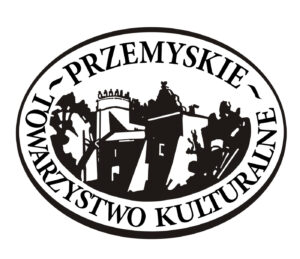
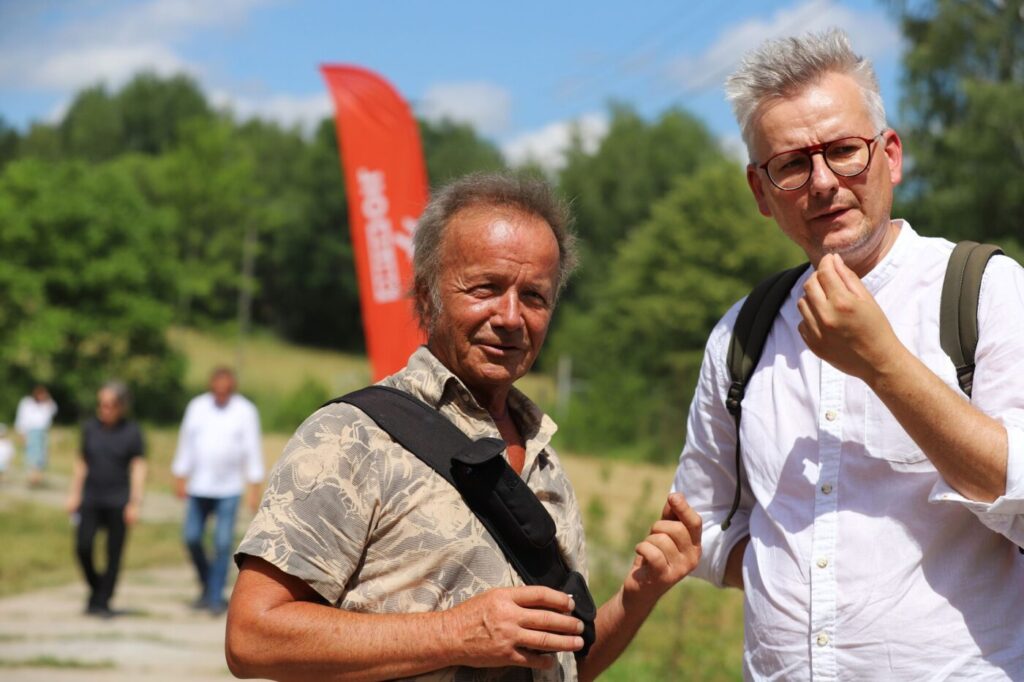
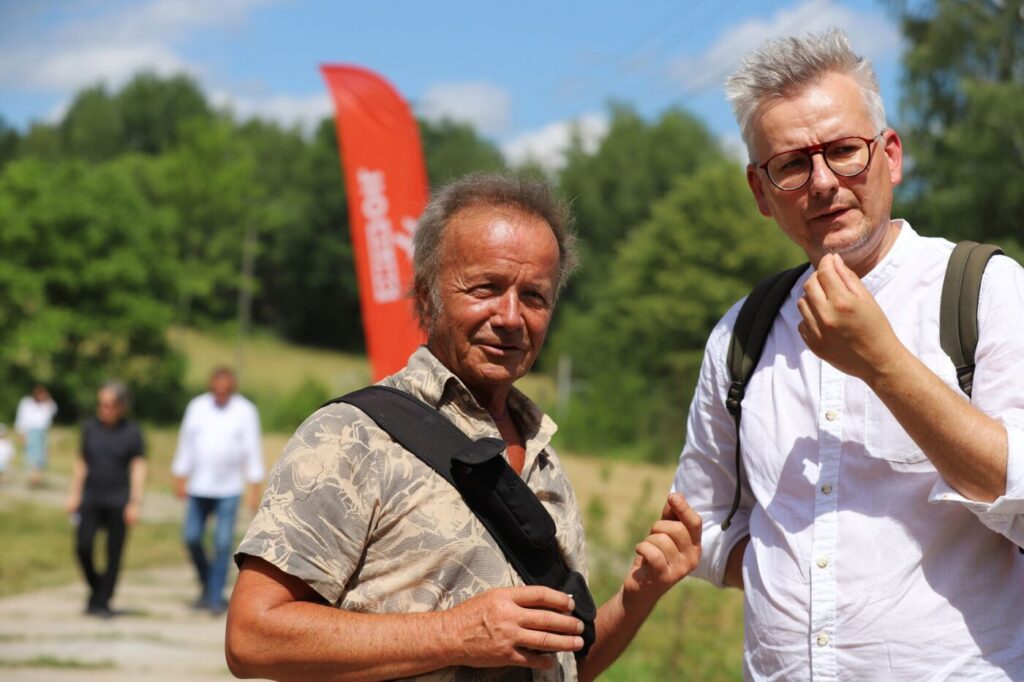
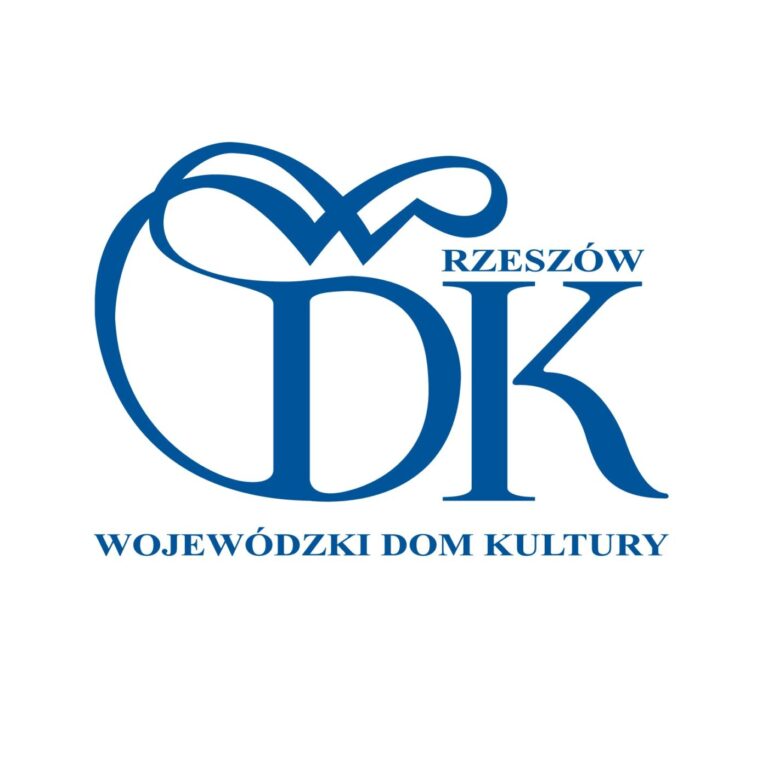



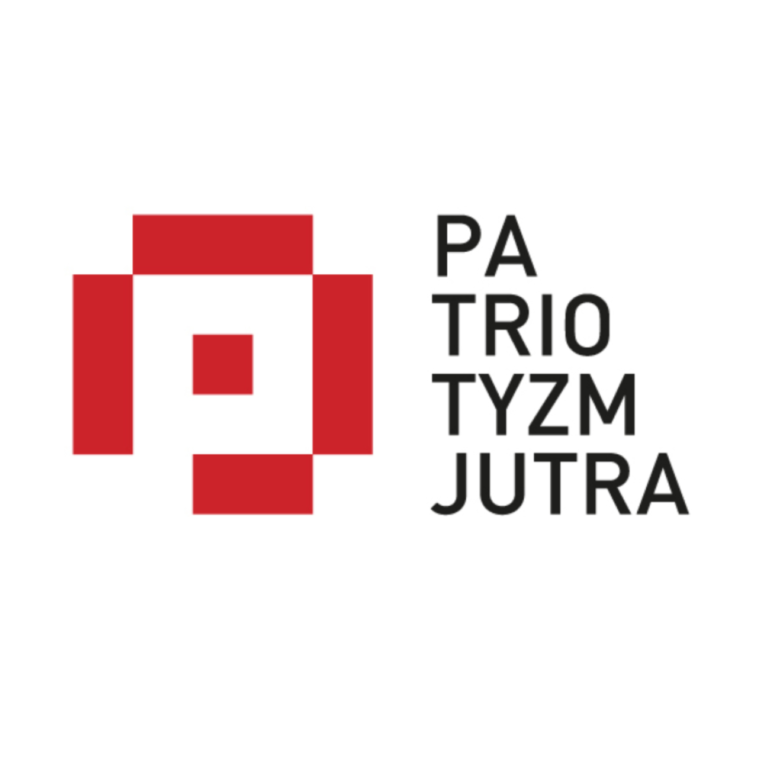
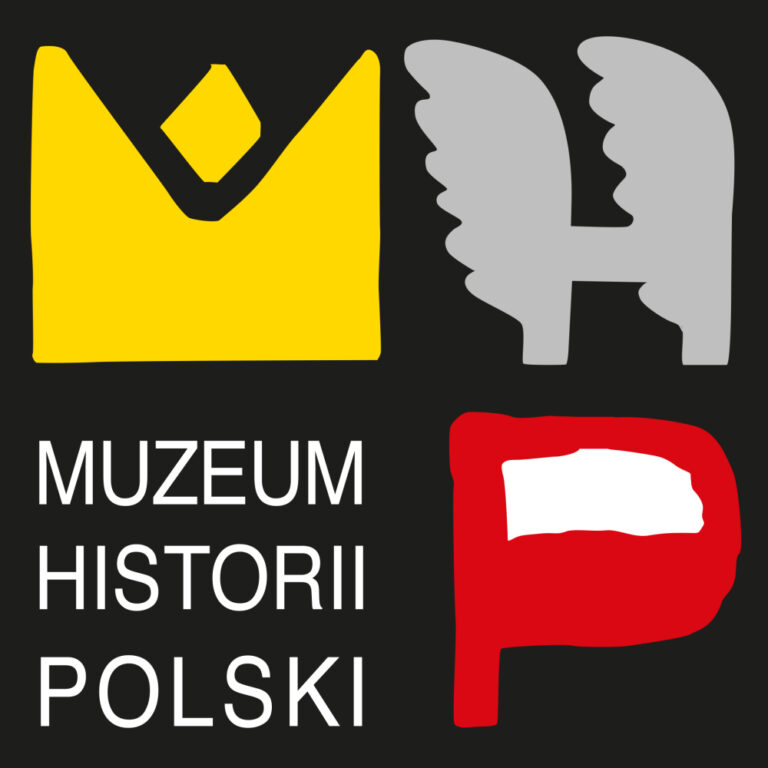



One Response
Hello, to all these descriptions I would like to add meetings from 1973 in Przemyśl and later in the Bieszczady Mountains. I met Zenek in the summer of 1973 when I appeared there with an individual nicknamed "Prorok", it was a common phenomenon in some circles at that time. It was the period before the practice of Zazen with Andrzej Urbanowicz, in Przemyśl I suddenly found myself among people interested in meditation and not eating meat, a rather rare phenomenon in the People's Republic of Poland. In Przemyśl I also met Halinka and many other people who helped me land in Zendo Katowicki. I would like to express my thanks and gratitude to Zenek for saving me from the hands of the militiamen who arrested us at that time, our appearance was enough for them. Sincerely, Jonathan since 1982. Formerly a pseudonym Cobra, persecuted by the UB and the militia…